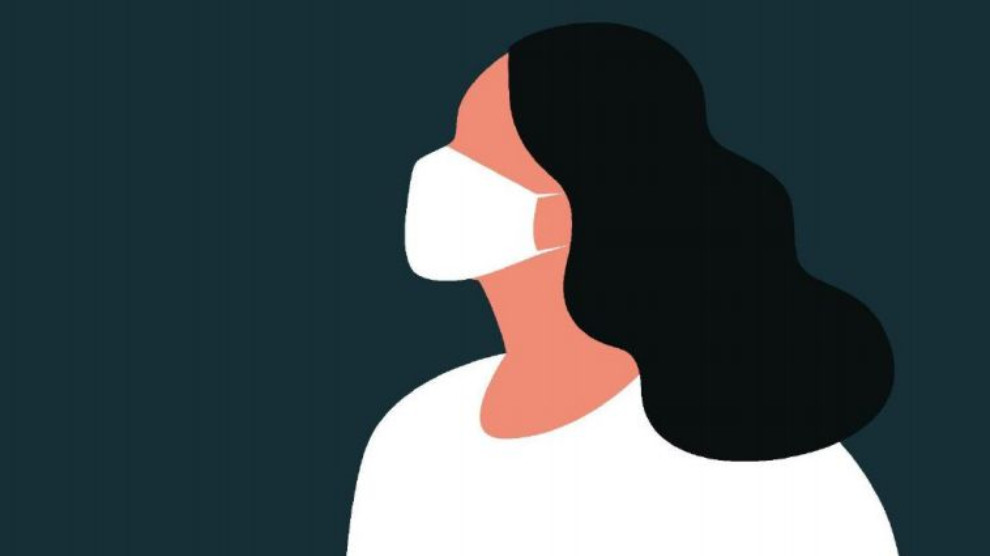UN research finds Covid affected working women in Turkey the most
The research aims to "deliver an accurate picture of the consequences of the COVID-19 crisis on women and men, to make their distinct and changing needs and priorities visible."
The research aims to "deliver an accurate picture of the consequences of the COVID-19 crisis on women and men, to make their distinct and changing needs and priorities visible."

The UN Women's Turkey office has released a research on the economic and social impact of the coronavirus pandemic on the population.
The research is called "Rapid Gender Assessment of Covid-19 implications in Turkey". Its aim is to "deliver an accurate picture of the consequences of the COVID-19 crisis on women and men, to make their distinct and changing needs and priorities visible."
A total of 1,508 computer-assisted telephone interviews were conducted between 19 and 25 April with 759 women and 749 men.
Some 51% of female respondents in the survey were married while 37% were single. As for male respondents, 63.6% were married while 32% were single, and 30% of the total respondents had children under 18 years of age. The research was also conducted in 16 countries in Europe and Central Asia, besides Turkey.
The average age of the participants was 38.7 with women's average being 37.8 and men's average being 39.7.
The research found that gender difference when it comes to job loss was higher for women (18.8 percent) than men (14.2 percent).
Since the start of Covid-19, one-third of women and one-quarter of men took leave from their work (paid, partially paid, or unpaid). Half of the women who went on leave, were on unpaid leave.
More women said that they started to work from home compared to men. This can be again related to traditional roles and caregiving responsibilities of women in the household and it can be related to the horizontal segregation of the labor market.
Both women and men reported an increase in their workload in the household, but women reported an increase to a larger degree across all categories of domestic work.
The ratio of the increased workload of women was the highest in the categories of "cleaning and maintaining own dwelling and surroundings", "cooking and serving meal".
This corresponds to the traditional roles and gendered division of labor, also evident in time use surveys. The activity assessed as the one where most time was spent since Covid-19 for both women and men was "cleaning and maintaining own dwelling and surroundings."
U.N. Women Turkey Country Director Asya Varbanova, commenting on the research, said that the COVID-19 pandemic is not only a health crisis but also has huge economic and social consequences for women and men.
“Among other things, it shows that it has exacerbated women’s already disadvantaged position in the labor market. A significant number of women have lost their jobs, and their domestic and care work responsibilities, already significant in the pre-COVID-19 period, have further increased,” Varbanova said.